
©Antoine Borzeix
OUR STRENGTHS
As a public institution of a scientific, cultural and professional nature, the UBO’s primary missions are to contribute to the research development and to raise the scientific, cultural and professional level both nationally and internationally, to participate in regional and national growth, economic development and the implementation of employment and employability strategies. Finally, it contributes to reducing social and cultural inequalities.
MAJOR PROJECTS
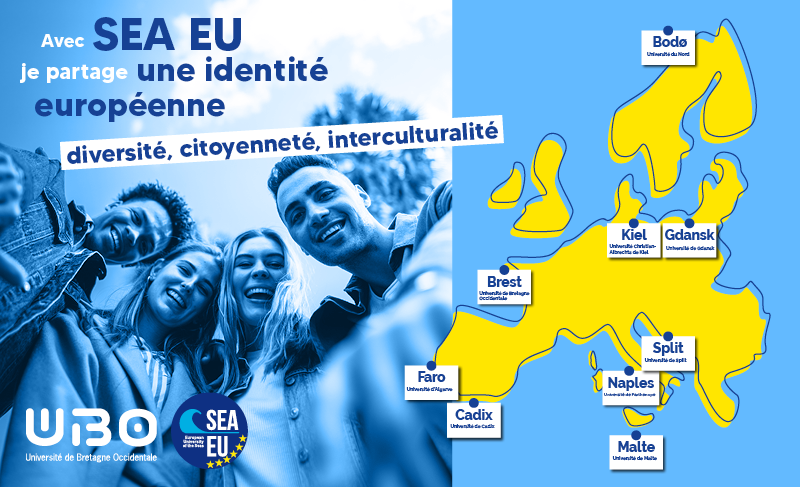
SEA-EU ALLIANCE
By combining the efforts, expertise and skills of 9 linked universities in Croatia, Germany, France, Malta, Poland, Spain, Italy, Norway and Portugal, the SEA-EU vision is to explore, develop and share multidisciplinary knowledge as a platform which is representative of sustainable development in Europe. The accent is on student and staff mobility (international, inter-sector and virtual) within the Alliance, which in turn fosters multilingualism and multiculturalism.
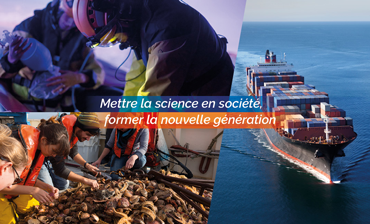
PIA INDMER
This five-year project aims to train 30,000 people in initial or continuing education. To do this three strategic areas have been defined:
•Attractiveness and career guidance: by offering the public improved job-related visibility and knowledge via communication activities.
• Innovation, Research and International: through innovative technical platforms, development of mobilities and research and development.
• Courses, Education and Training: through the creation of new training courses and the maritimization of existing ones.
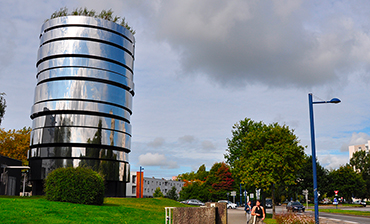
SUSTAINABLE DEVELOPMENT AND SOCIAL RESPONSIBILITY
The University of Western Brittany (UBO) trains tomorrow’s citizens and as such has a specific role to play in sustainable development and social responsibility. It has long been committed to a proactive and cross-disciplinary approach with the objective of building a society of responsibility and solidarity.
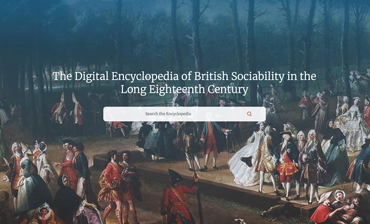
DIGIT.EN.S Encyclopedia
The Digital Encyclopaedia of European Sociability (DIGIT.EN.S) project will produce the first open access digital encyclopedia on sociability in Europe in the long Eighteenth Century. The aim of the DIGIT.EN.S project is twofold:
1. to develop the field of research on British sociability in the long eighteenth century,
2. to link British models of sociability to other European and colonial models of sociability and to examine how models and forms circulated from one society to another, how they were appropriated and modified, leading to the diffusion and construction of new models of sociability in Europe.
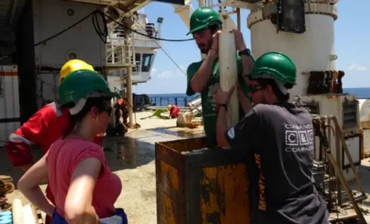
ISBLUE GRADUATE SCHOOL
The Interdisciplinary graduate School for the Blue planet (ISblue) was created to address the growing challenges facing ocean and coastal ecosystems. It also aims to train the next generation of ocean innovators and scientific leaders in oceanographic research to meet the growing needs of the blue economy through high quality, research-based education.
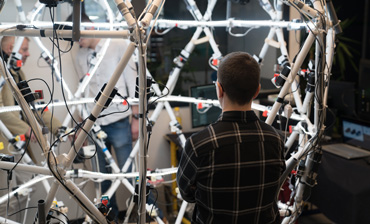
@ Antoine Borzeix
UBO OPEN FACTORY
Inspired by the FabLab digital fabrication model, UBO Open Factory is a 300 m² multidisciplinary innovation laboratory. Open to all UBO students and staff and to people and organizations outside the university, it is equipped with traditional tools and digitally controlled machines (e.g. 3D printers and laser cutters) for rapid prototyping. Managers offer innovation training and support for project leaders. Conferences or creative marathons are just two types of events organized to create links. Students from different disciplines meet to brainstorm current societal issues (sustainable development, disability, cities in transition, culture, etc.).
CORE ACTIVITIES
CAMPUSES
BREST
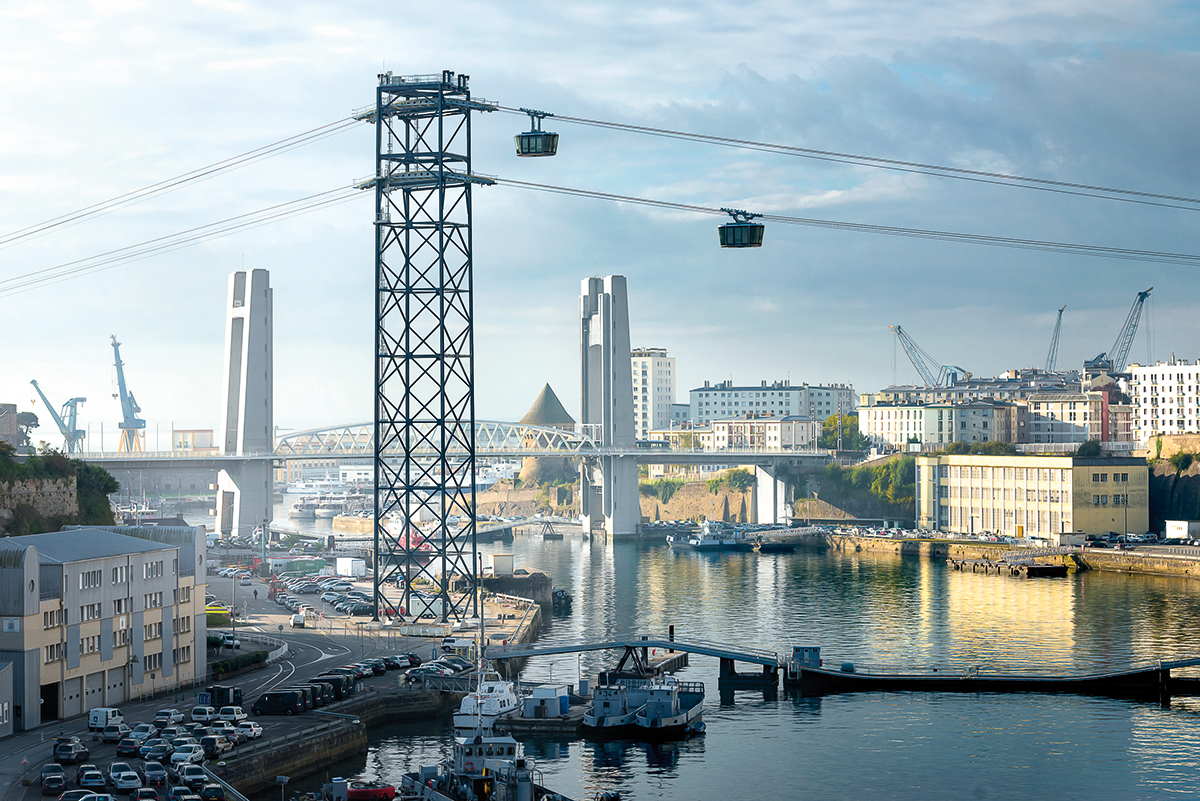
The campuses in Brest (a city with 200,000 inhabitants) are centrally located (Medicine, and Humanities and Social Sciences faculties); and also on Avenue Le Gorgeu and Rue de Kergoat (Faculties of Sciences and Technology, Law, Graduate School of Management (IAE) and Sports). The marine science buildings are located in the Brest Iroise Technopole.
Click here for a 360° aerial virtual tour of UBO!
There are three libraries with opening hours adapted to student needs (late closing): Victor Segalen, Health (Santé) and Bouguen.
On the Sciences and Technology Faculty campus, the FabLab UBO Open Factory supports a variety of interdisciplinary projects. The Brest-Kergoat campus is home to the university’s headquarters and services. The university and the city of Brest both have a rich and varied cultural agenda offering concerts exhibitions, exhibitions and all different types of workshops. Nautical and sporting activities are run by the Department of Sports and Physical Activity (SUAPS). The university has a vast array of facilities, including a community garden tended by a student association.
BREST IROISE TECHNOPOLE IN PLOUZANÉ
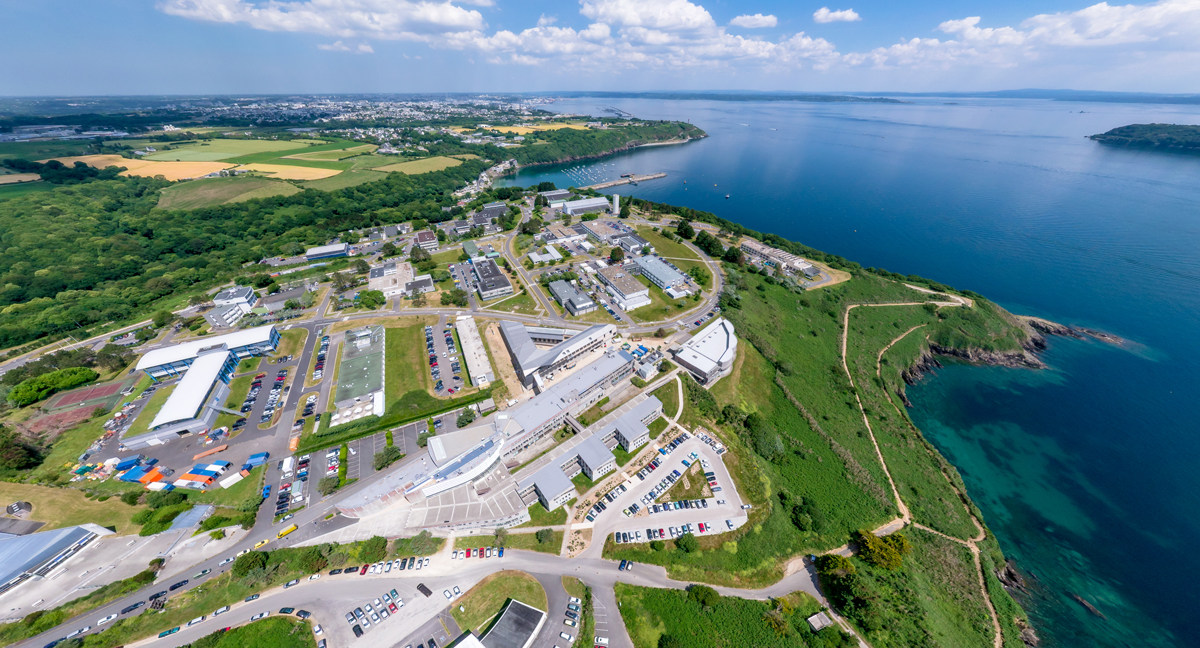
Located 15 minutes from Brest city centre, the technopole hosts two UBO components: European Institute for Marine Studies (IUEM) and the Atlantic Brittany Higher Education College for Agri-food Engineers (ESIAB).
QUIMPER
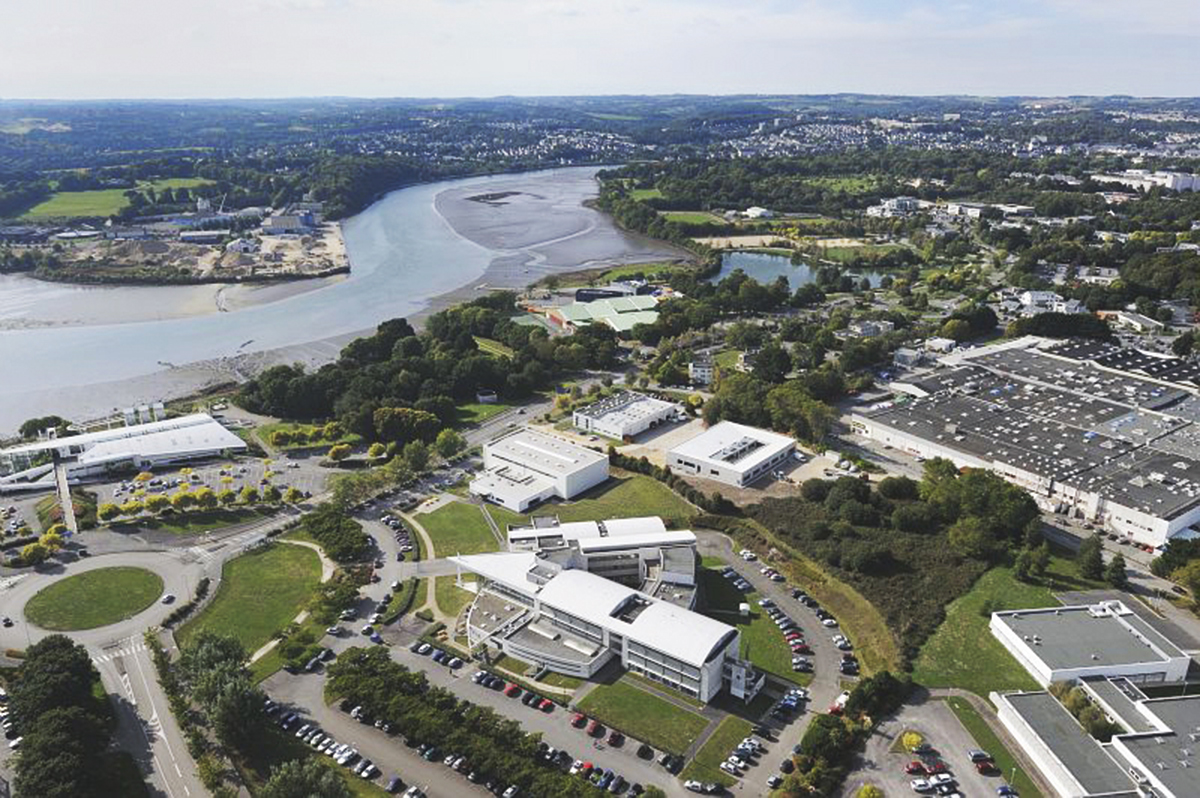
The campus in Quimper (a city with 63,000 inhabitants) is home to the Pierre Jakez Hélias University Centre. It is located on the banks of the beautiful Odet River and has a student population of around 1,300.
MORLAIX
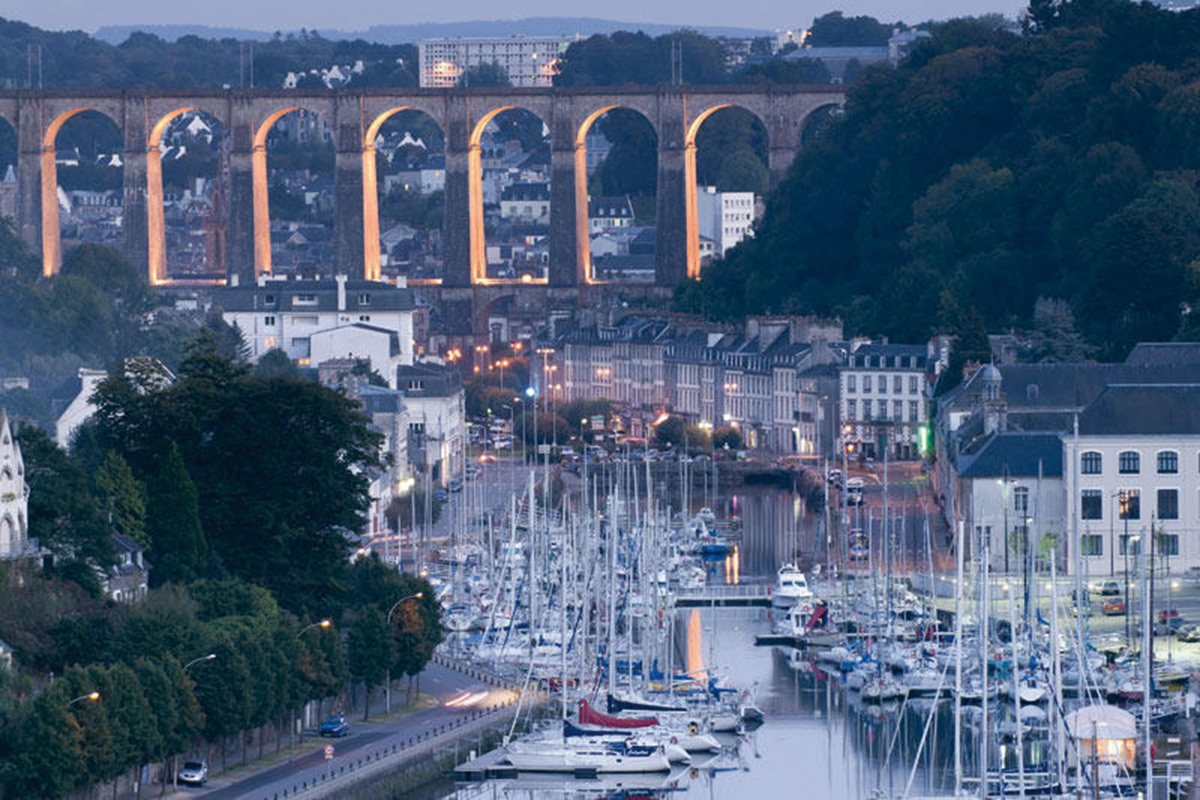
© Emmanuel Berthier
The site at Morlaix (a city of 14,000 inhabitants) is a satellite campus of theBrest-Morlaix University Institute of Technology (IUT). And like all of the campuses, the sea is never far away!